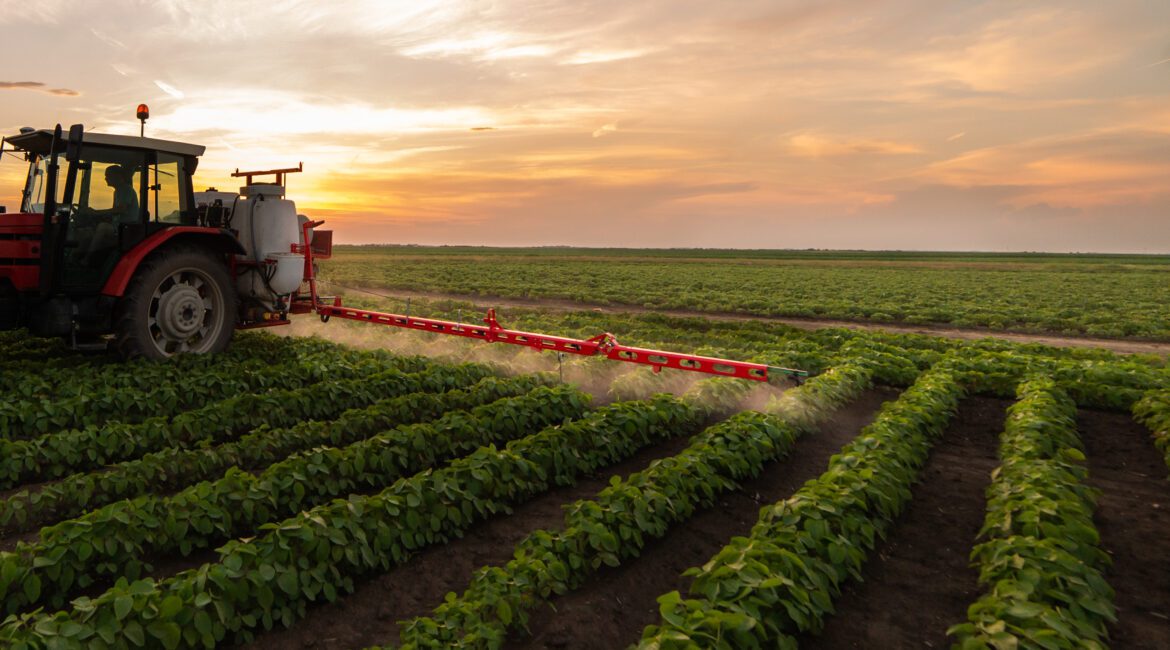Crop operating loans are valuable for producers looking to finance their farming operations. However, qualifying for a crop operating loan requires careful preparation and planning. Below are 5 tips for farmers and ranchers on how to prepare for an annual crop operating loan application:
1. Understand Your Operating Loan Needs
Before you apply for an operating loan, it’s important to have a clear understanding of your financing needs. This includes knowing the total amount of funds you’ll need, as well as how you’ll use those funds. You should create a detailed budget that outlines all of your anticipated expenses, including inputs, labor, equipment, and other costs. This will help you determine how much financing you’ll need and ensure you’re not borrowing more than you can realistically repay.
“Start by updating your current portion of the balance sheet, determining your working capital position is pivotal in determining your financing needs,” advises Joe Erickson, Conterra Midwest relationship manager. “Create a detailed budget that outlines all of your anticipated expenses, including inputs, labor, equipment, and other costs.” If the upcoming year will be done differently from previous years, update your business plan and explain how the operation is adjusting.
2. Gather Your Financial Documentation
Gather your financial documentation to assess your creditworthiness and determine your eligibility for a crop operating loan. This may include tax returns, financial statements, bank statements, and other documentation that shows your income, expenses and assets.
“Up to date financials are very important,” Erickson continued. “Review your balance sheets and year-end profit & loss statements.” Make sure you have all documents organized and readily available, as you’ll likely need to submit them as part of your loan application.
3. Review Your Business Plan
A well-prepared business plan can demonstrate to lenders that you have a solid understanding of your operation and a clear plan for how you’ll use the loan funds. Your business plan can be as simple as the details on your operation, your production goals, your marketing plan and your financial projections. It’s also important to explain how the crop operating loan will help you achieve your goals and improve your overall profitability.
4. Know Your Credit Score
Lenders will typically require a good credit score in order to qualify for a crop operating loan. This means paying all bills on time, maintaining low credit card balances, and avoiding negative credit events like bankruptcies or foreclosures. Some lenders offer operating loan programs for borrowers with lower credit scores, ask your ag lender about their requirements for credit scores.
5. Work with an Experienced Lender
Finally, it’s important to work with a lender who has experience working with farmers and ranchers and who understands the specific challenges across the various agricultural regions and sectors. Look for an ag lender who is familiar with your type of farming operation and who can offer flexible loan options that meet your needs. A good lender can also provide additional ag financing options to pair with a crop operating loan, this may include long-term financing, operational expansions, succession planning, and even partnered crop insurance.
Applying for a crop operating loan requires careful planning and preparation. By understanding your financing needs, gathering your financial documentation, preparing a business and marketing plan, establishing a good credit history and working with an experienced lender, you can increase ease of qualifying for the loan you need to support your farming operation and what’s on your horizon.
Conterra Ag Capital is a private agricultural lender, focused solely on agriculture. Conterra offers flexible terms on crop operating loans. Your Conterra regional loan officer is available to answer your questions. Find your Conterra relationship manager here.
Disclaimer: Please note that the information provided in this article is for educational and informational purposes only, and should not be construed as financial or investment advice. While we have made every effort to ensure the accuracy and reliability of the information presented, Conterra Ag Capital and its affiliates make no representation or warranty as to the completeness, correctness, timeliness, suitability, or validity of any information contained in this article. You should always consult a qualified financial advisor, tax professional, or other qualified professional for advice on your specific financial situation.





